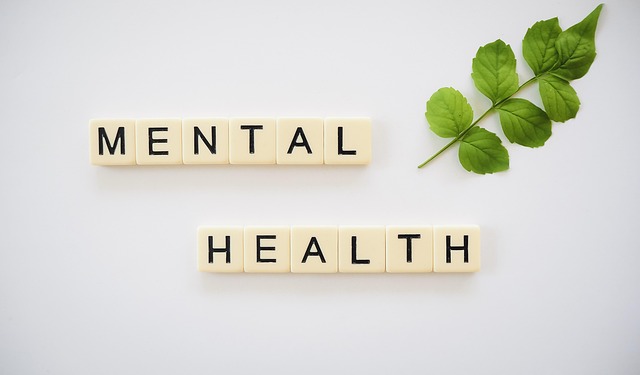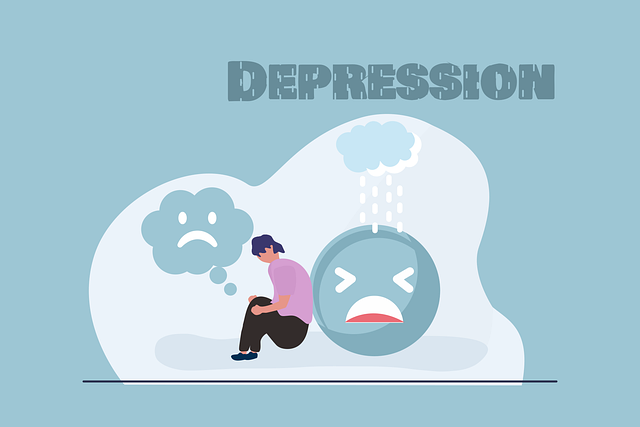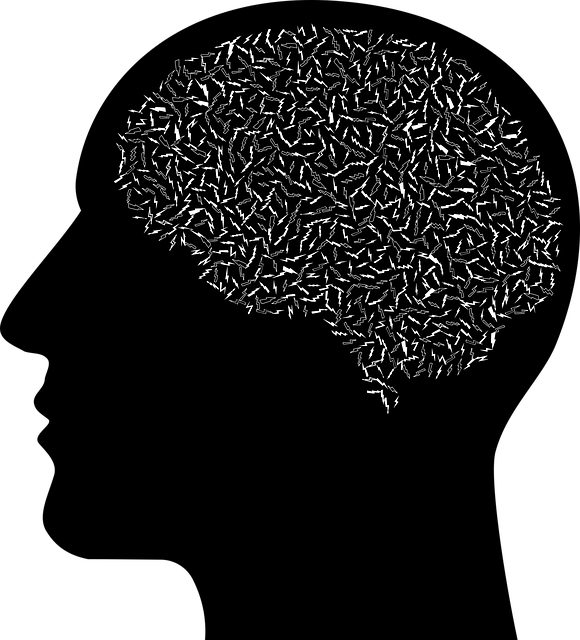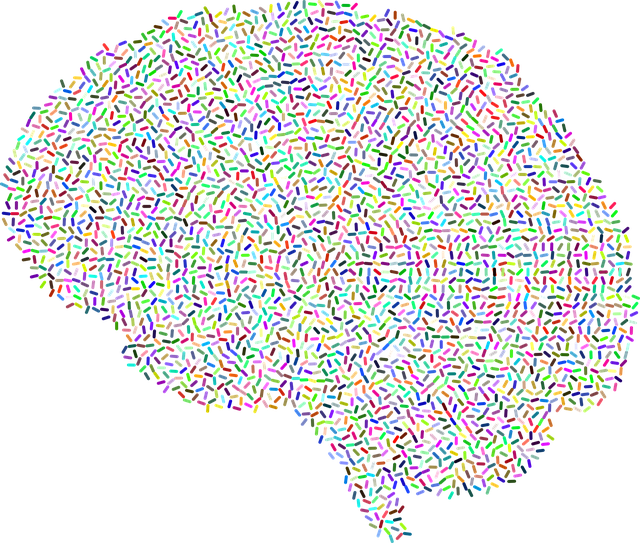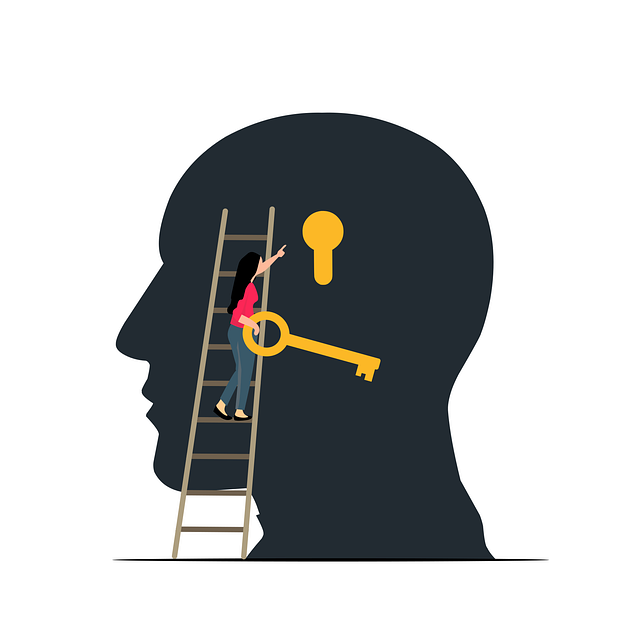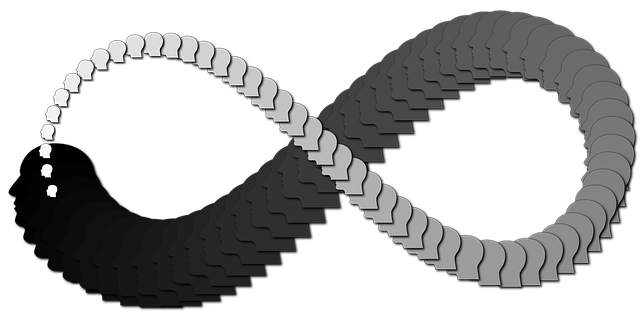Mental health disorders, including Dissociative Disorder in Boulder, are complex conditions impacting thought, emotion, and behavior. Effective education goes beyond surface understanding, employing techniques like Mind Over Matter, Self-Awareness Exercises, and Stress Reduction to challenge negative thoughts and develop coping mechanisms. Recognizing the nuances of various disorders enables early intervention—a key for successful mental health management. Common challenges arise from genetic factors, environmental influences, and life experiences. Public awareness and resilience-building exercises in education help manage stress. Self-awareness promotes early detection, while specialized therapies like Boulder Dissociative Disorder Therapy offer tailored approaches to address complex trauma and promote healing.
Mental health disorders, from common anxieties to complex dissociative conditions like Boulder Dissociative Disorder Therapy, demand comprehensive education and support. This article explores the art of designing effective mental health educational programs, delving into the intricate balance between understanding various disorders, structuring engaging curricula, and implementing successful rollout strategies. By integrating interactive activities and therapeutic practices, we can foster meaningful learning experiences that cater to diverse needs, ultimately enhancing mental wellness.
- Understanding Mental Health Disorders: Unveiling the Complexities
- – Overview of common mental health issues
- – Importance of recognizing dissociative disorders like Boulder Dissociative Disorder Therapy
Understanding Mental Health Disorders: Unveiling the Complexities

Mental health disorders are complex conditions that affect individuals’ thoughts, emotions, and behaviors, often impeding their ability to function in daily life. Beyond common knowledge, many mental health conditions, such as Dissociative Disorder Therapy in Boulder, are intricate and multifaceted. This disorder, for instance, involves a detachment from reality, with symptoms ranging from memory gaps to altered sense of self—a far cry from the surface-level understanding.
Educational programs aiming to address mental health must therefore delve into these complexities. By employing Mind Over Matter principles, Self-Awareness Exercises, and Stress Reduction Methods, individuals can gain insights into their minds, challenge negative thought patterns, and develop coping mechanisms. Understanding the nuances of various disorders equips people with the knowledge to recognize signs in themselves or others, fostering an environment of support and early intervention—key factors in effective mental health management.
– Overview of common mental health issues

Mental health issues are prevalent across various demographics, affecting millions globally. From anxiety and depression to more complex conditions like Dissociative Disorder, understanding these conditions is crucial for effective support and treatment. Dissociative Disorder, for instance, characterized by a disruption in an individual’s sense of identity and reality, often requires specialized therapy such as Boulder Dissociative Disorder Therapy to help individuals manage symptoms.
Common mental health challenges often stem from a combination of genetic predisposition, environmental factors, and life experiences. Promoting public awareness through campaigns can foster understanding and reduce stigma. Resilience building exercises, integrated into education programs, empower individuals to cope with stress and adversity. Furthermore, self-awareness exercises play a vital role in encouraging introspection and early detection of potential issues, leading to proactive management.
– Importance of recognizing dissociative disorders like Boulder Dissociative Disorder Therapy

Recognizing and understanding dissociative disorders, such as Boulder Dissociative Disorder Therapy, is an integral part of comprehensive mental health education. This specific therapy, named after its origin in Boulder, Colorado, focuses on helping individuals overcome complex trauma and its associated symptoms. By integrating practices like Compassion Cultivation and exploring Emotional Healing Processes, the program empowers participants to develop a robust Self-Care Routine for Better Mental Health.
Educational initiatives should shed light on these disorders’ unique challenges and the effectiveness of tailored therapeutic approaches. Such awareness fosters an environment where individuals feel supported and encouraged to seek help, recognizing that healing is accessible through specialized programs designed to address their specific needs.
Mental health education programs must evolve to include comprehensive insights into complex disorders, such as Boulder Dissociative Disorder Therapy. By fostering understanding and early recognition of various mental health issues, including dissociative disorders, we empower individuals to seek timely support and embark on effective healing journeys. Incorporating diverse learning methods and real-world examples ensures engaging education that resonates with diverse learners. Ultimately, investing in these programs is a step towards creating a more empathetic and resilient society.
